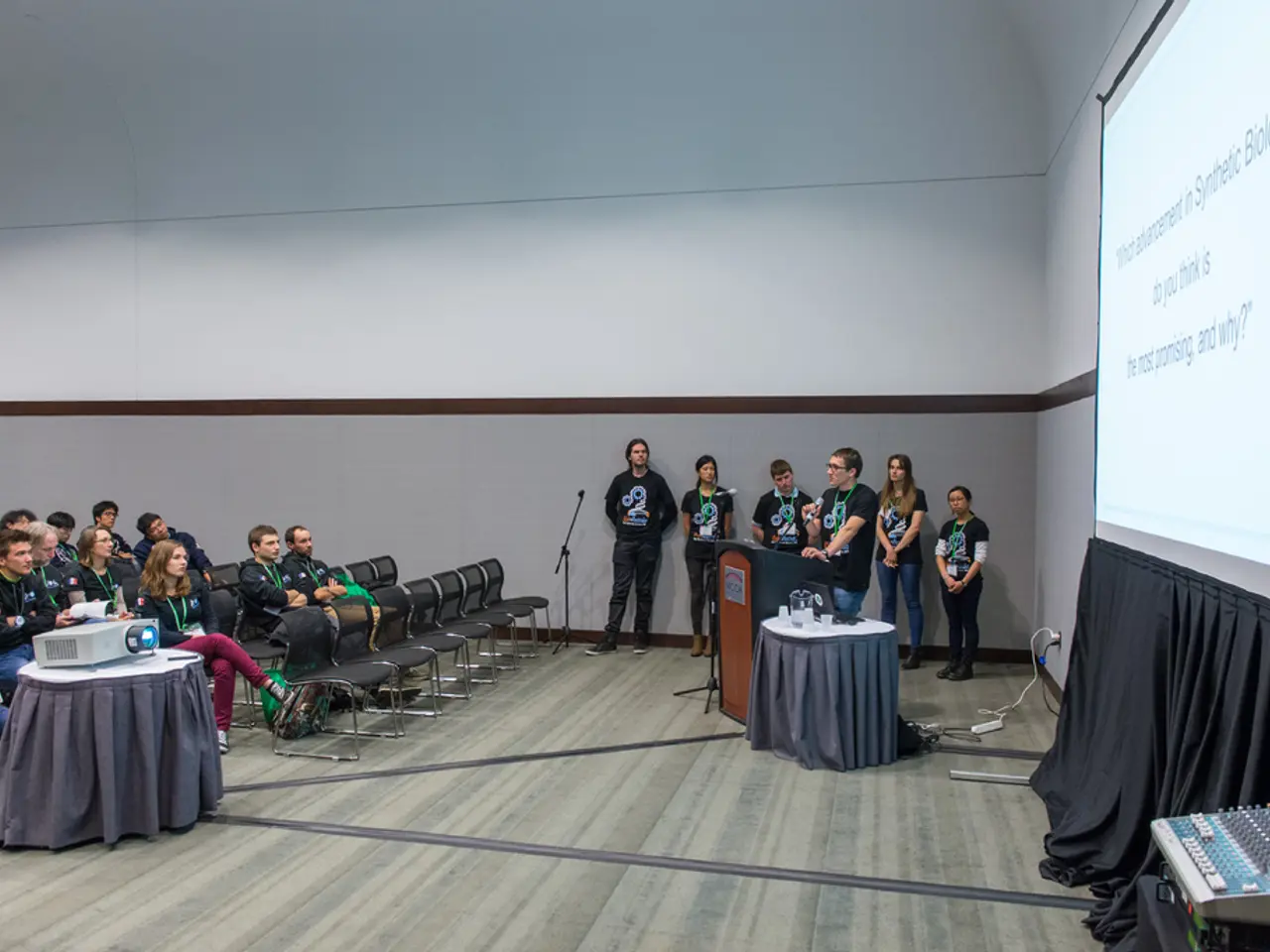WhatsApp Plans to Enable Chatting for Users Without the App: Discover How It Works
WhatsApp is set to revolutionise communication with its latest feature, the Guest Chat. This innovative function allows users to chat with individuals who do not have the app installed or an account, by sending them a special invite link.
Upon clicking this link, the non-users will gain access to a secure web-based chat interface, similar to WhatsApp Web, where they can communicate without signing up or downloading the app.
Key Functionality and Limitations for Non-Users
The Guest Chat offers a one-to-one text messaging experience, with no support for group chats. Media and multimedia content, such as photos, videos, GIFs, audio clips, and documents, are not supported in Guest Chats. Additionally, voice and video calls are disabled for this feature.
Despite these limitations, Guest Chats maintain WhatsApp’s end-to-end encryption, ensuring privacy between both parties. The feature operates entirely within WhatsApp’s native system, providing a consistent and secure user experience.
Testing and Rollout
Currently under internal testing by WhatsApp, the Guest Chat feature is available on the latest Android beta version (2.25.22.13). Although there is no official launch date, the feature is expected to roll out to more users soon if tests go well.
Encouraging Communication
This new feature could encourage non-users to explore WhatsApp without completing a full signup, making it easier for users to communicate with a wider audience. WhatsApp is expected to provide more information once development is completed.
Ashish Singh, our Chief Copy Editor, has been working with tech jargon since 2020 and speaks fluent Geek. Stay tuned for more updates on this exciting new feature from WhatsApp.
smartphones users can communicate with non-WhatsApp users through the Guest Chat feature, which requires no download or signup on the other end. The Guest Chat, while limiting one-on-one text support, does not allow group chats, multimedia content sharing, or voice/video calls, but maintains WhatsApp's end-to-end encryption for privacy.




